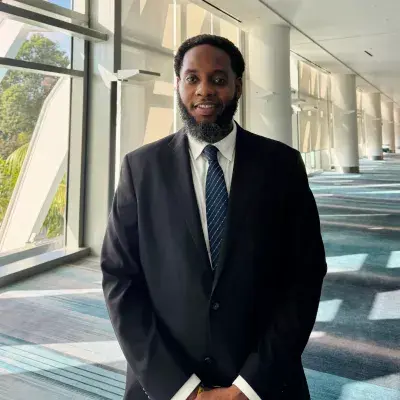To expand the Boston Convention and Exhibition Center (BCEC) without new fees or taxes, the Massachusetts Convention Center Authority (MCCA), the center’s owner, filed legislation on Oct. 2 to authorize the project.
“The Boston Convention and Exhibition Center is set in the heart of one of our city’s most exciting and vibrant neighborhoods,” said Mayor Thomas M. Menino. “Its expansion will bring thousands of new jobs and strengthen our city’s international reputation as a top destination for meetings and conventions. I look forward to the approval of the expansion’s legislation and the value it will bring to Boston.”
Co-sponsored by State Sen. Linda Dorcena Forry and State Rep. Nick Collins, the bill authorizes a 1.3 million square-foot expansion of the BCEC, including additions to exhibit and meeting space along with a second, larger ballroom. This will allow the MCCA to attract larger and multiple concurrent events. Funding for the $1 billion expansion would be supported by the existing Convention Center Fund, which was created in 1997 to pay for BCEC construction and operations. Revenues from the fund consist of existing tourism-based fees and taxes, which wouldn’t need to be increased to fund the expansion project.
“I am proud to co-sponsor this legislation. I am excited by the opportunities that this expansion will create for women and minority-owned businesses as well as a chance to open construction jobs to those hit hardest by the dire economic times,” said Forry. “The conventions that come to Boston fuel the economic drivers that have made the Commonwealth stable and successful during tough economic times.”
First announced in 2009, MCCA’s expansion campaign, named “Top 5,” seeks to increase the number of hotel rooms near the BCEC, expand the facility to better accommodate growing or overlapping events and allow Boston and Massachusetts to increase their market share in the $263 billion U.S. meeting and convention industry.
Before the start of the campaign, MCCA established the Convention Partnership, an independent 27-member group of local stakeholders, elected officials and other leaders appointed by the governor, mayor, speaker of the House and senate president. After a year and a half of research and deliberation, the group recommended pursuing a strategy to increase the number of hotel rooms near the BCEC and to expand the convention center to increase the economic impact from meetings and conventions in Boston.
“With the opening of the Boston Convention & Exhibition Center in 2004, Boston and Massachusetts became one of the most desired and successful convention destinations in North America,” said Collins. “With the filing of this important legislation, it is our hope to build on and increase our success.”
Earlier this year, the MCCA board of directors selected a team to develop two mid-priced hotels containing a total of 510 rooms directly across from the BCEC. The project is expected to create 500 construction jobs and 150 permanent jobs while paying more than $3 million in occupancy and property taxes annually to the City of Boston. Groundbreaking is expected late this year or early in 2014, with the opening scheduled for late 2015.
These two new hotels are part of a larger effort by the MCCA to encourage additional hotel development near the BCEC. With 1,690 hotel rooms within walking distance, the BCEC has fewer accessible rooms than its competitors, which average 7,584 rooms. Additionally, all of the existing hotels near the BCEC are higher-priced four-star hotels, with no lower-priced options available.
In June, the boards of both the MCCA and the Massachusetts Port Authority approved a letter of intent to work cooperatively to seek private developers for a headquarters hotel project on Massport land in the South Boston Waterfront. As planned, the project would consist of at least two hotels, with a total of 1,200 to 1,500 rooms, creating around 2,000 construction jobs and nearly 1,000 permanent jobs. It is expected to be one of the largest hotel projects in the nation that when complete would generate more than $25 million annually in city and state tax revenue.
In total, the BCEC expansion, the mid-priced hotels and the headquarters hotel projects are expected to create 4,700 construction jobs and 2,100 permanent jobs while generating $716 million in annual economic impact and $41 million in tax benefits for Boston and the Commonwealth.
“I believe that Boston and the MCCA have shown they can attract – and most importantly execute – world-class meetings and events that generate significant economic value for the region,” said Michelle A. Shell, chair of the board of directors, MCCA. “The role of meetings and conventions in the global, knowledge-based economy continues to grow, and I am pleased that the legislature is considering an investment to help us maintain our leadership in the industry.”
In 2012, MCCA hosted 245 events at BCEC and John B. Hynes Convention Center with 654,119 attendees, generating 561,279 hotel room nights and $656 million in economic impact.
For more information, visit www.massconvention.com.





























